The article How Tired Are You Really? originally ran on RodaleNews.com and is adapted from The Exhaustion Breakthrough .
Tons of people are walking around tired. But you may not realize just how tired you really are or recognize the exact ways in which you're exhausted. After all, fatigue can take many forms.
One woman feels chronically wiped out with a pervasive tiredness that isn't relieved by getting enough sleep, while another starts the day with plenty of vim and vigor but runs out of energy quickly. Meanwhile, another woman has a vague but enduring sense of malaise or listlessness, and still another feels physically weak, apathetic, and emotionally vulnerable on a regular basis.
The point is, there are many different faces of exhaustion, literally and figuratively speaking. To address your personal energy crisis and repair the elements that are depleting your vitality, it's important to be sensitive to the specific messages your body is sending you. You need to listen closely to what your exhaustion is telling you. Otherwise, how can you possibly expect to reverse your state of depletion and restore your vigor to healthier levels? It's not enough to recognize that your energy balance is out of whack; you need to figure out why it's off-kilter.
MORE: 3 Natural Energy Boosters to Add To Your Smoothies
Could it be because you're sick with an underlying medical condition? Could your thought patterns, your stress level, or your general state of mind be dragging and slowing you down? Could lifestyle habits like your food choices or eating patterns, sleep practices, or exercise routines (or lack thereof) be creating an energy leak that's draining you physically and/or mentally? Or have you created a work or social schedule for yourself that's so demanding that it causes you to run out of fuel without ample opportunities for replenishing your energy reserves?
The first step toward breaking the exhaustion cycle is to identify and understand what's zapping your energy and contributing to your profound sense of fatigue. Then, and only then, can you begin to take steps to revitalize and reclaim your energy and well-being. So let's start that identification process!
Then, and only then, can you begin to take steps to revitalize and reclaim your energy and well-being. So let's start that identification process!
How Does Fatigue Affect You?
First, let's establish a sense of how profound your fatigue is and how it affects you. Read each of the following questions and pick the response that best describes you.
1. Would you say that you become fatigued easily?
Rarely/ Sometimes/ Often
2. Is your motivation or desire to do things lower when you feel fatigued?
Rarely/ Sometimes/ Often
3. Do you have trouble starting new things?
Rarely/ Sometimes/ Often
4. Does your fatigue limit you or cause problems in your life?
Rarely/ Sometimes/ Often
5. Does your fatigue interfere with your ability to carry out and fulfill certain responsibilities in your life?
Rarely/ Sometimes/ Often
6. Does fatigue affect your work, social, or family life?
Does fatigue affect your work, social, or family life?
Rarely/ Sometimes/ Often
7. Has your fatigue affected how you socialize with friends or family or engage in leisure activities?
Rarely/ Sometimes/ Often
8. Does your fatigue affect your thinking skills, concentration, communication abilities, or other aspects of mental functioning?
Rarely/ Sometimes/ Often
9. Does your fatigue interfere with your ability to function physically?
Rarely/ Sometimes/ Often
10. Does exercising give you an enduring sensation of tiredness?
Rarely/ Sometimes/ Often
11. Does your fatigue affect your eating or sleeping habits or other aspects of your behavior?
Rarely/ Sometimes/ Often
12. Has your fatigue affected how you take care of yourself (with bathing, dressing, and the like)?
Rarely/ Sometimes/ Often
13.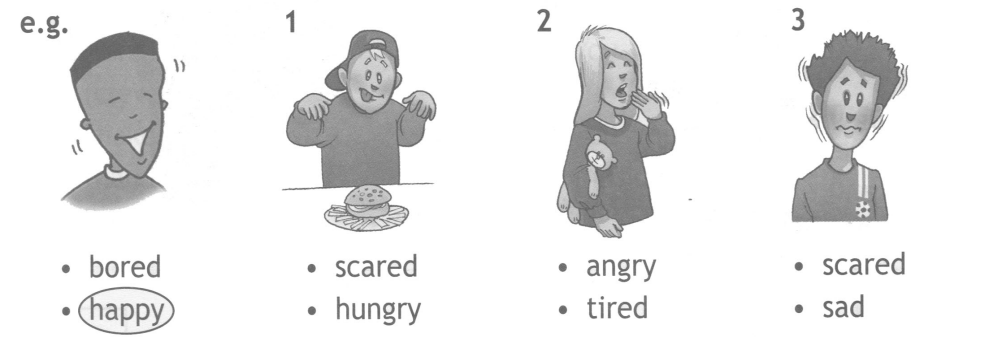 Has your fatigue affected your sex life?
Has your fatigue affected your sex life?
Rarely/ Sometimes/ Often
14. Does fatigue rate among your three most incapacitating symptoms?
Rarely/ Sometimes/ Often
15. Do you feel distressed or bothered by your fatigue?
Rarely/ Sometimes/ Often
If you answered "often" 3 or more times, you are in need of an antidote for your exhaustion and could use an infusion of fresh, vibrant energy. Exhaustion is taking a serious toll on your life, affecting the way you feel and function, your behavior, and your attitude. And if it hasn't already, it probably will affect your physical or emotional health in the not-too-distant future.
The same is true if you answered "sometimes" 5 or more times. This is your wake-up call to take your exhaustion seriously.
If you chose "rarely" for many of your responses, you're not entirely out of the energy-drain zone.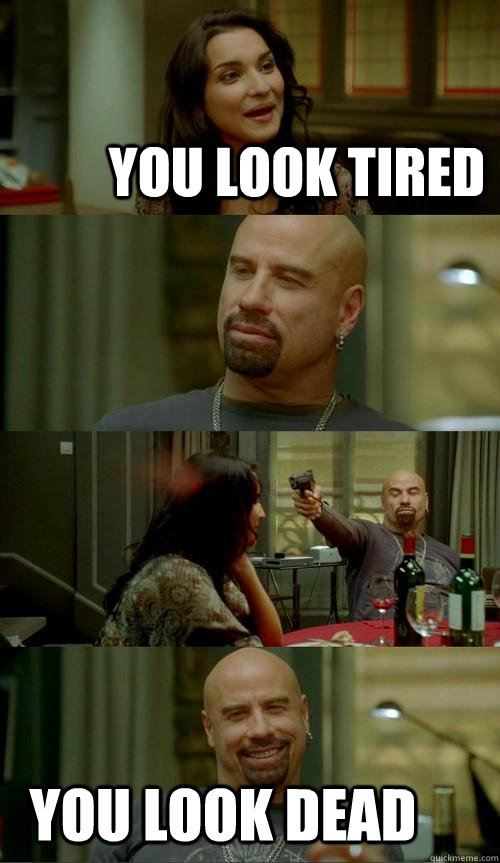 There's always room for improvement. My book, The Exhaustion Breakthrough, will show you how to fix your exhaustion triggers and boost your energy to a sustainable level.
There's always room for improvement. My book, The Exhaustion Breakthrough, will show you how to fix your exhaustion triggers and boost your energy to a sustainable level.
If, however, you chose "rarely" for every single answer—granted, it's a remote possibility, assuming your responses were honest and accurate—then you might want to pass my book along to a tired friend who could truly benefit from reading it.
What's Contributing to Your Exhaustion?
Now let's try to pinpoint the patterns and rhythms of your fatigue as well as the lifestyle factors that may be contributing to it. Read the following questions and choose the responses that best describe your exhaustion.
1. At what time(s) of the day is your fatigue most pronounced?
a. Late morning
b. Midday
c. Late afternoon
d. Evening
2. Which of the following statements best describes your sleep-wake patterns?
a. I often wake up feeling unrefreshed and soon start thinking about if or when I can nap.
I often wake up feeling unrefreshed and soon start thinking about if or when I can nap.
b. I have trouble getting to sleep and/or I wake up with the roosters and have trouble going back to sleep.
c. I tend to skimp on sleep to get more done during the day and evening hours.
d. I feel as though I get enough sleep and start the day feeling reasonably rested.
3. Which of the following best describes your eating patterns?
a. I usually skip breakfast but eat lunch and dinner.
b. I tend to eat erratically, and my pattern can change from day to day.
c. I eat three square meals a day with lunch or dinner being the biggest meal of the day.
d. I often have multiple small meals throughout the day.
4. How would you describe your food preferences?
a. I'm a junk-food junkie—if it's fried, salty, or sweet, I'll probably love it.
b. I'm a serious carb lover—breads, pastas, and grains are the mainstay of my diet.
c. I'm a meat-and-potatoes kind of gal—I like hearty meals that fill me up.
d. I eat a primarily plant-based diet with moderate portions of lean protein.
5. How stressed out do you feel on a daily basis?
a. I am flirting with stress overload; I feel tense and anxious all the time.
b. I spend much of the day feeling anxious about the challenges and responsibilities I have to deal with.
c. I generally feel calm until something upsetting happens—then my stress level soars.
d. I experience ups and downs in the stress department but feel like I have it under control.
6. How well do you manage your stress?
a. I don't. If anything, it manages me; I often feel like I'm at the mercy of the stresses and strains in my life.
b. So-so. Sometimes I remain calm under pressure, and sometimes I cave into it and feel like a wreck.
c. I try to hold on to my can-do spirit and try to control what I can and let go of what I can't—but sometimes stress gets the upper hand.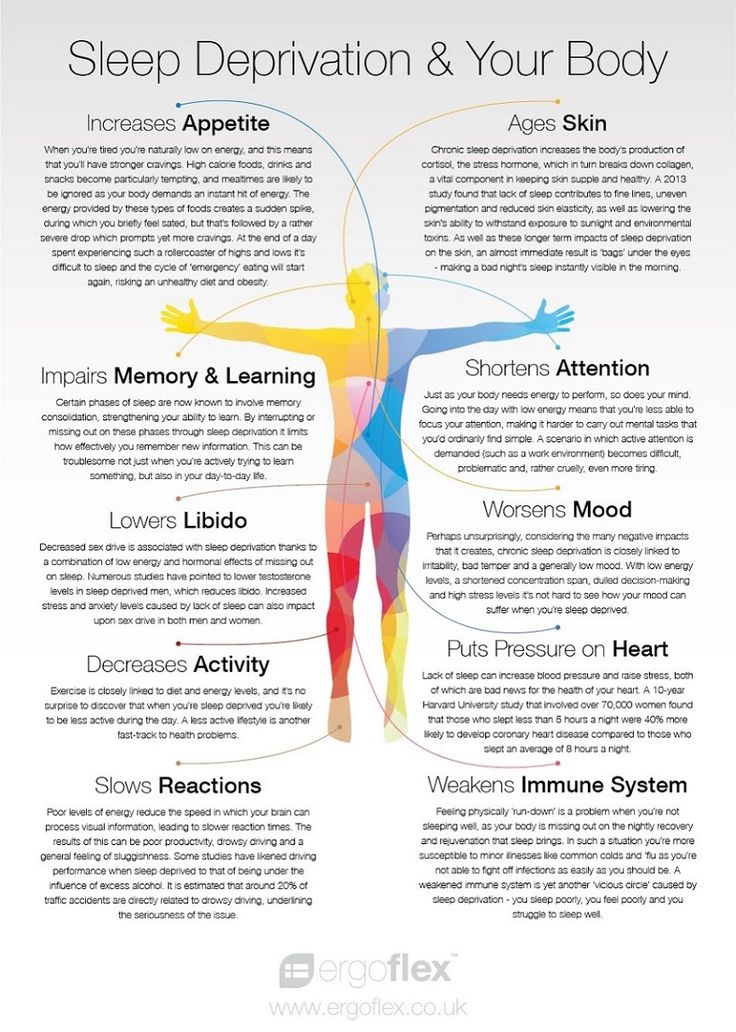
d. I carve out at least 10 minutes a day to decompress with meditation, deepbreathing exercises, or other relaxation strategies—whether I'm feeling stressed or not.
7. Which of the following best describes your exercise habits?
a. Erratic at best—often I do little more than move my fork to my mouth.
b. I spend much of the day sitting at my desk, but I try to go for a daily walk.
c. I'm an addict—I kill myself at the gym with daily extreme-intensity workouts.
d. I do moderate-intensity exercise on a regular basis and feel as though it boosts my energy.
8. How do you typically use your spare time?
a. I try to catch up on all the things I never seem to get done on my to-do lists.
b. I spend a lot of my so-called downtime trying to recover from exhaustion.
c. I often worry about work, my finances, my family, or other issues—and find it hard to relax.
d. I spend time with loved ones and engage in hobbies or other activities I enjoy in order to recharge my batteries.
9. Which of the following is your usual beverage of choice?
a. I'm a java junkie and often drink coffee or strong tea all day long.
b. I drink a lot of soda—it's refreshing and sweet, which boosts my mood.
c. I often count the hours until it's cocktail time and don't focus on fluids until then.
d. I try to drink water or watered-down juices throughout the day.
10. In a perfect world, which of the following best describes the way you'd like to be able to move through life?
a. I just want to regain the feeling that I can make it through each day without crashing and burning.
b. I want to stop worrying about running out of gas and falling further and further behind on things.
c. I want to feel more in control of my life, my moods, and my energy.
d. I want to feel like a force—strong, capable, unstoppable, really.
Before I tell you how to interpret your responses to these questions, it's worth giving yourself a reality check (or reminder). In the media, the myth of the superwoman or supermom is alive and kicking—but it's a fantasy. It's not real or attainable. It's true that you may know a few women who seem to have mastered the juggling act—they look polished or professional, every aspect of their lives (their homes, their children, their careers, their fitness regimens) seems to be in stellar shape, and they often seem ready, willing, and eager to add more to their already full plate of responsibilities.
In the media, the myth of the superwoman or supermom is alive and kicking—but it's a fantasy. It's not real or attainable. It's true that you may know a few women who seem to have mastered the juggling act—they look polished or professional, every aspect of their lives (their homes, their children, their careers, their fitness regimens) seems to be in stellar shape, and they often seem ready, willing, and eager to add more to their already full plate of responsibilities.
But think about this: How much do you really know about the inner workings of their lives? They may have an entourage of help (nannies, housekeepers, personal assistants, chefs, trainers, and so on) at their disposal or the financial resources to continuously make their lives easier. They may have an extensive network of family members and friends who can step in at a moment's notice to help. Or they may work very hard to make it seem this way.
Appearances can be deceiving, as we all know, and despite the happy face these perfectly put-together women show to the world, they may be privately grappling with depression, exhaustion, or deeply rooted insecurities.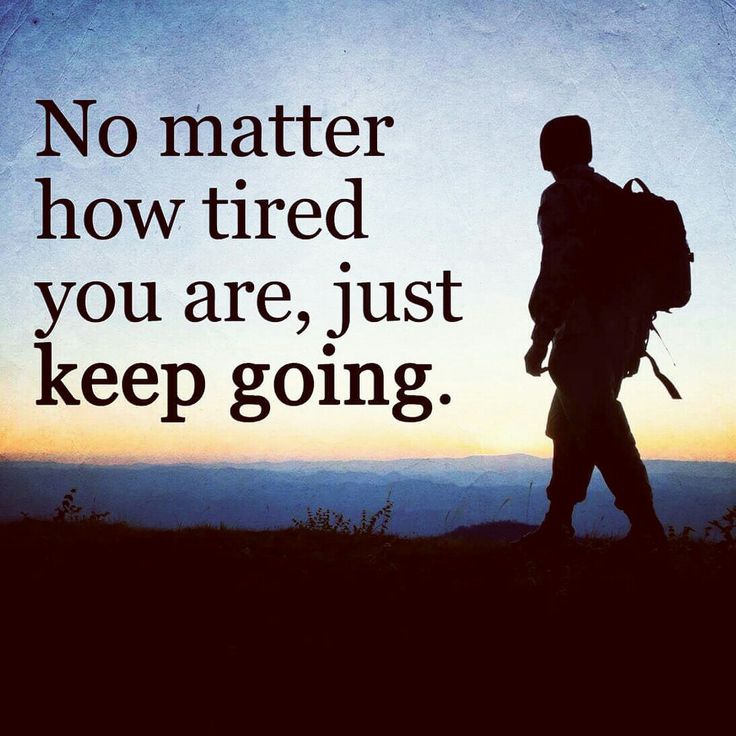 They may feel just as overwhelmed, stressed, or depleted as the rest of us do. So cut yourself some slack before playing the comparison game.
They may feel just as overwhelmed, stressed, or depleted as the rest of us do. So cut yourself some slack before playing the comparison game.
MORE: 10 Quick & Easy Ways to De-Stress
Here's another reality check: Some fatigue is natural and inevitable, especially for women. A modicum of fatigue could be a sign that you're living your life with full engagement and commitment—and you probably wouldn't want it to be any other way. So if you chose mostly d's on this questionnaire, you're actually doing pretty well. If you chose mostly b's or c's, you're in good company among the tired sisterhood who run out of fuel in the afternoon and tend to collapse into bed at the end of the day, feeling worn out, stressed out, and in danger of burning out. If you chose mostly a's, you may already be in that state of utter exhaustion, barely able to drag yourself through the day.
The point here isn't to judge yourself but to get a baseline sense of the level of fatigue you're dealing with—and what it's trying to tell you. Then you can begin to take steps to recharge your body and mind and reclaim your vitality.
Then you can begin to take steps to recharge your body and mind and reclaim your vitality.
If your eating habits seem to be responsible for at least some of your fatigue, you can upgrade your dietary choices by consuming more fruits, vegetables, whole grains, lean protein, and healthy fats. If sedentary behavior is draining your energy, you'll want to move more and sit less. If insufficient or fragmented sleep is making you tired, it's time to make getting good quality shut-eye a priority by improving your sleep hygiene and consulting a sleep specialist, if need be.
If excessive stress is pushing you into the exhaustion zone, it's time to get a grip on your stress and find ways to relieve it or manage it better. In The Exhaustion Breakthrough, you'll learn more about how these various aspects of your lifestyle can contribute to fatigue and discover how sneaky medical conditions (from anemia to autoimmune diseases, from fibromyalgia to type 2 diabetes) can drain your energy, too.
In this series Chronic Fatigue Syndrome (Myalgic Encephalomyelitis) Fibromyalgia Obstructive Sleep Apnoea Syndrome (Causes, Symptoms, and Treatment) Addison's Disease Muscle Weakness
Tiredness, or fatigue, means having less energy than usual. You feel exhausted, either mentally, physically, or both. Tiredness is a normal part of life but if it persists, it may suggest a medical problem.
We have all experienced tiredness (fatigue) at some point. Usually there's a good reason for it ... A new baby keeping you up at night, having a bit of a cold, a late night out on the town, or (less enjoyably) long hours at work. Tiredness that drags on for no apparent reason, however, can be a real problem, and it's incredibly common. One UK survey of over 15,000 people found that 10-18% of those who replied reported tiredness that lasted for one month or longer, and a study looking at GP databases found that around 1.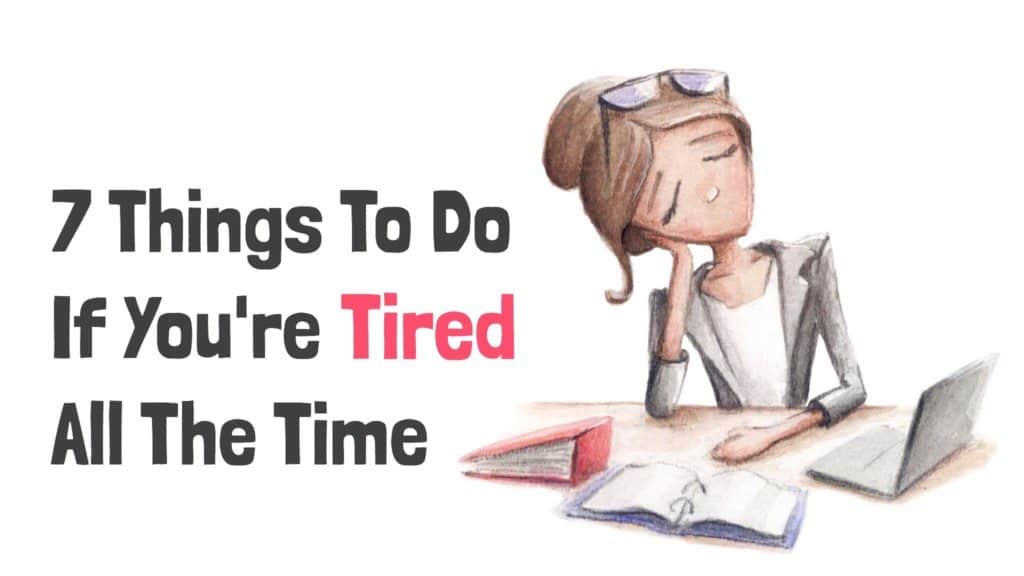 5% of the population report new tiredness every year. It's so common that GPs have an acronym for it ... TATT, which means "tired all the time".
5% of the population report new tiredness every year. It's so common that GPs have an acronym for it ... TATT, which means "tired all the time".
Tiredness may be due to a wide range of physical illnesses. Examples include:
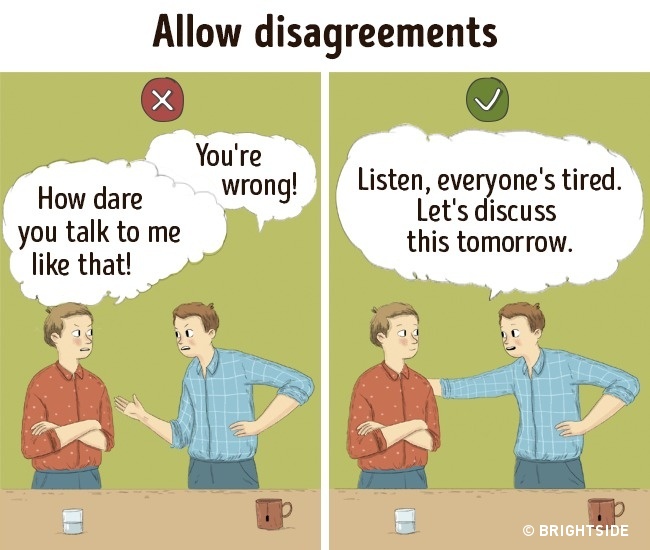
Most physical causes of tiredness will cause other symptoms. Some causes of tiredness (such as anaemia and hypothyroidism) may not cause any other symptoms apart from tiredness.
Psychological tiredness is much more common than tiredness caused by a physical problem. Both anxiety and depression can make you feel very tired. Eating disorders can make you feel tired, particularly if you are underweight or overweight. Any cause of a sleep problem will also cause tiredness during the day.
Stress is a common cause of tiredness, either because it interferes with sleep, or because of the effect of having a worry on your mind all the time.
Other possible causes include:
Tiredness can be caused by lifestyle. We often try to cram too much into our lives and as they become more and more busy we can get tired. Lifestyle causes of tiredness include:
We often try to cram too much into our lives and as they become more and more busy we can get tired. Lifestyle causes of tiredness include:
In many cases no specific cause for tiredness is found.
GPs have long been used to hearing the term 'brain fog' from patients, even though it isn't a fo...
If your tiredness is persisting, or if you are unwell in any other way, or if it is having an effect on your life, see your GP. In order to try to find the cause, your doctor will need to ask you some questions.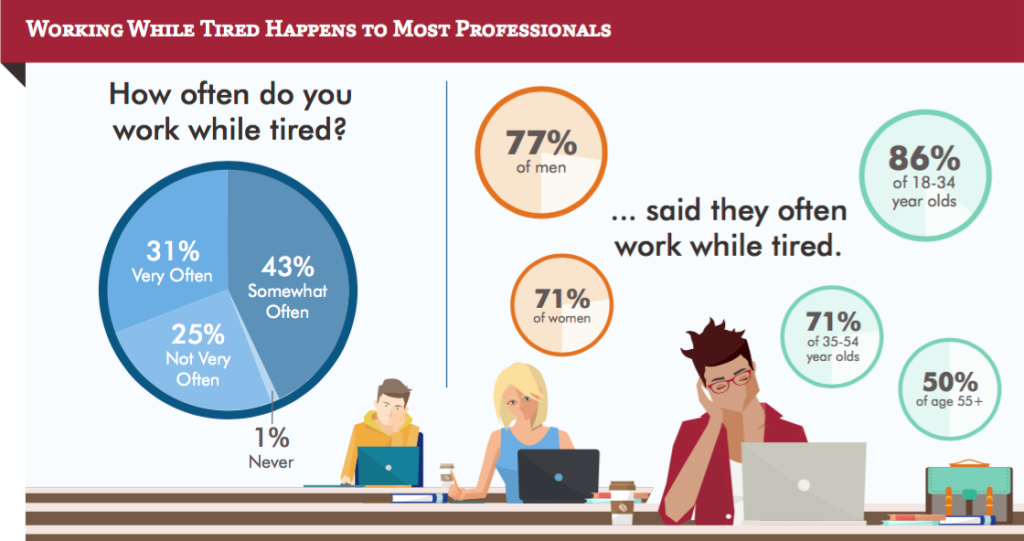 They may need to examine you and they may arrange some blood tests.
They may need to examine you and they may arrange some blood tests.
These are to help give some clues about the cause of the tiredness, and may include:
The doctor may check your weight and height, if it seems relevant. You may not be examined, as it may depend on your answers to some of the questions above; however, the doctor may think it relevant to:
You may not be examined, as it may depend on your answers to some of the questions above; however, the doctor may think it relevant to:
Your doctor may feel you should have some blood tests to rule out physical causes for tiredness. In most cases these turn out to be normal. This might include tests to rule out:

Usually no other tests are needed, but if specific medical conditions are suspected, other tests such as a chest X-ray might be necessary.
If you can figure out the reason for feeling tired yourself, and do something about it, then no. If the tiredness is getting in the way of your life, or making you feel unhappy, or you feel unwell, then yes, you should visit your doctor.
You should definitely see a doctor if you feel tired and have lost weight without trying to. Also see a doctor if you have other symptoms as well as being tired, such as coughing up blood, a change in the way your guts are working, heavy periods or a lump somewhere it shouldn't be.
There is no specific treatment for tiredness. The days of doctors prescribing a "tonic" are over, as there is nothing which really works. The secret is to try to narrow down the cause and then do something about that.
The days of doctors prescribing a "tonic" are over, as there is nothing which really works. The secret is to try to narrow down the cause and then do something about that.
It may seem bizarre, but physical exercise can actually be remarkably effective for treating tiredness. Any moderate exercise, such as walking, swimming or cycling, can help you feel less tired. Regular exercise is also an excellent way to stay healthy.
If you're not sleeping well at night, it's tempting to try to "make up for this" by taking naps during the day when you can. This really won't help - in fact, it can put your body clock out of sync, so you may end up sleeping less well at night. There are lots of ways you can try to improve your sleep if you have insomnia and this in turn may improve your tiredness.
If the cause is a medical condition then often treatment of the condition will resolve the tiredness. For example, if you have anaemia then iron supplements can treat this and the tiredness resolves as your blood count improves. It will also be important to look at the cause of the anaemia. For example, if it is due to heavy periods, then using medicines to make the periods lighter will help. If there is a suspicion that the anaemia might be due to a serious condition, such as bowel cancer, then you will need a referral to hospital. If you are found to have an underactive thyroid gland (hypothyroidism) then a pill which replaces the thyroid hormone you are missing is usually very effective and you will find you have more energy.
For example, if you have anaemia then iron supplements can treat this and the tiredness resolves as your blood count improves. It will also be important to look at the cause of the anaemia. For example, if it is due to heavy periods, then using medicines to make the periods lighter will help. If there is a suspicion that the anaemia might be due to a serious condition, such as bowel cancer, then you will need a referral to hospital. If you are found to have an underactive thyroid gland (hypothyroidism) then a pill which replaces the thyroid hormone you are missing is usually very effective and you will find you have more energy.
If the cause is a side-effect of medication, it may be that this can be changed to something which suits you better.
If you are found to have chronic fatigue syndrome, you may be referred to a specialist in this illness for help through psychological therapy, graded exercise therapy, or medication.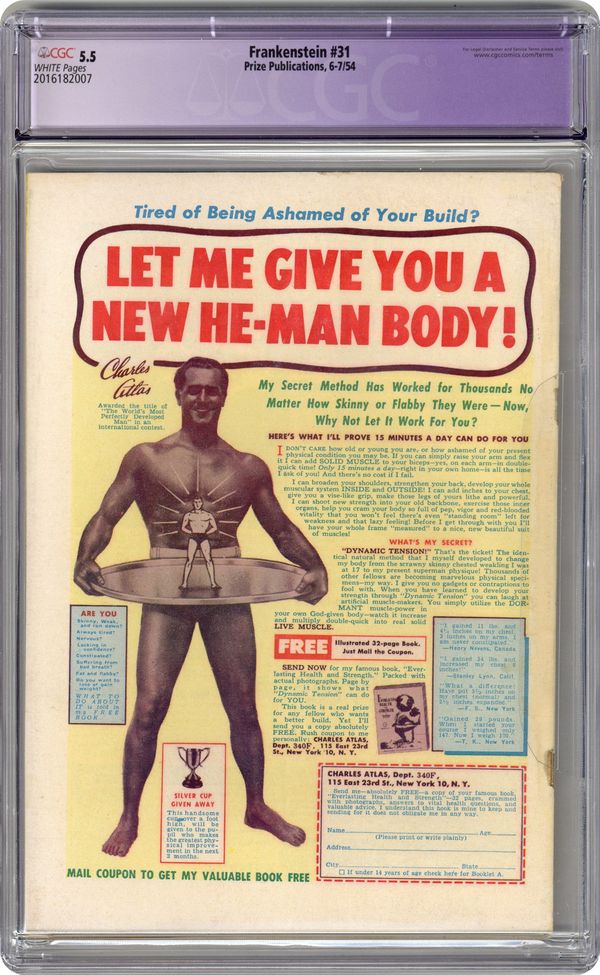
If you have anxiety or depression, this can be helped by talking therapy (counselling), cognitive behavioural therapy (CBT), medication or various other possible treatments.
If you are stressed, it is worth taking the time to sit down and think and talk about it. Is there something which you could change, as this is affecting your health? It may be that you need to re-prioritise things in your life. If work is the stressful problem, could you talk to your manager, change roles, change jobs, cut down your hours? If there isn't anything you can do to change your situation then try to find things which might balance out the stress. People are different, so this would be different for everyone, but may involve a variety of ways to de-stress, such as:
 Ideally something fun rather than something you find a chore. (Ballroom dancing lessons, a weekly walk with a friend, etc.)
Ideally something fun rather than something you find a chore. (Ballroom dancing lessons, a weekly walk with a friend, etc.)Also, avoid bottling up your worries. Try to share them with a friend, or a family member, or consider seeing a counsellor.
There is no single answer for treatment of tiredness. However, even if no cause is found, in most people, it settles on its own with time.
in Psychological tests
published Psychologist
How many times a day do you say to yourself “how tired you are” and “I don’t want anything”? Maybe you just succumbed to fatigue, and in fact everything is fine with you? So let's check how things are going! Do you doubt what you are experiencing at this moment in your life? The test will answer this question.
Yes, I like to prove my point
No, I never try to argue, it's exhausting
Not at all, but there are situations when it is necessary
I do not know, depending on whom and on what occasion the dispute is
No limit to perfection
Everything that is done is for the better
If you want to do it well - do it yourself
I have me, we can manage somehow
Deal with problems as they come
15 Points
Yes No
singlepage
in Culinary Tests, Addiction Tests
Coffee is a healthy drink no matter how you look at it.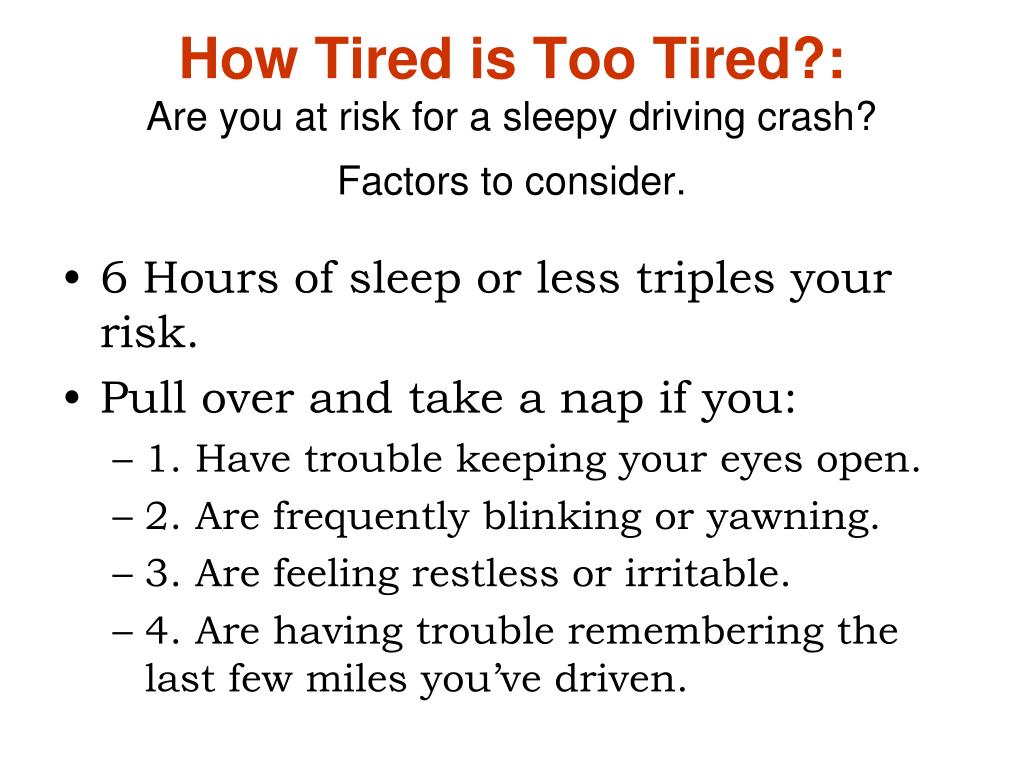 In any case, he is definitely not alcohol, to be afraid of dependence on him. However, being addicted to […] More
In any case, he is definitely not alcohol, to be afraid of dependence on him. However, being addicted to […] More
in Psychological tests
Depression, nervous tension is a frequent companion of modern man. This condition requires special attention. Indeed, when it passes into a clinical form without the intervention of doctors […] More than
in Psychological tests
Do you know what your inner beauty is? What power lies within you? Our test will answer these questions. Shall we start? Take the Quiz Question from What makes […] More
in Psychological tests, Tests for men
Have you ever wondered what exactly your qualities attract the weaker sex? You can get the answer to your question after passing the test, if you answer honestly to all […] More
in Psychological Tests, Addiction Tests
For a long time, devices have become an integral part of our lives. Many can no longer imagine their lives without them. Let's find out if you have this addiction […] More
Many can no longer imagine their lives without them. Let's find out if you have this addiction […] More
in Psychological tests
This autumn test will tell you what state your soul is in. Are you prone to seasonal depression or not? Take the quiz Question from Do you like autumn? Autumn – […] More
in Professional psychological tests, Psychological tests
The Beck Depression Inventory (BDI) is one of the first tests to measure depression. Its main advantage is that it was designed based on […] More
in Psychological tests
This test will help you determine your sense of humor. You are offered nine situations and solutions for each. Choose the ones closest to you. So find out how […] More
in Psychological tests, Personality and character tests
Do you know what your way of joking says specifically about you? Not? Then take this test and determine your strengths. Take the Quiz Question from More […] More
Take the Quiz Question from More […] More
in Psychological Tests, Personality and Character Tests, Love and Relationship Tests
Have you noticed that people from time to time choose people who are very similar to each other as a couple? This is due not only to the preferences of the […] More
This article was created by Onedio. There were no changes from the editorial side. You can also create your own articles on our website.
Onedio Favorites > Tests-marinerys1 Onedio user
How many times a week do you say "how tired you are" and "I don't want anything"? Maybe you just succumbed to the trend of depression, and in fact everything is fine with you? So let's check how things are going!
 Welcome to the club of doubters, are they fed up with everything? And our first question is: what would you rather be doing tonight?
Welcome to the club of doubters, are they fed up with everything? And our first question is: what would you rather be doing tonight? 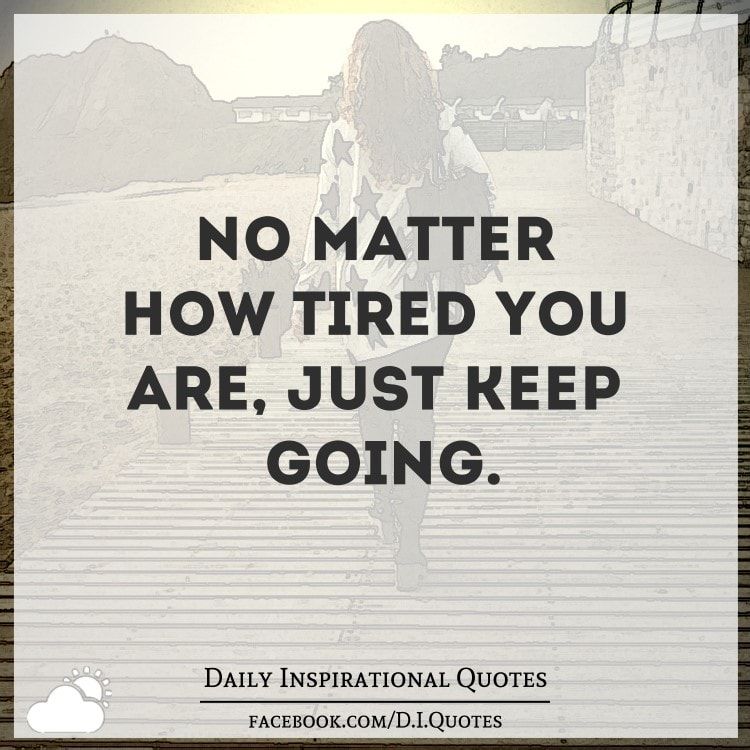 And which of these can calm you down in moments of great stress?
And which of these can calm you down in moments of great stress? You got so fed up with everything that sometimes, going outside and taking a couple of steps, you come back home and go to bed. Are you tired of the people, the city, the noise, the voices, and absolutely everything! You are thinking about changing your place of residence, but then you remember that there is a crib at home, and it is the most heavenly place on Earth. And how long will this continue, m?
And how long will this continue, m?
To say that you are tired is to say nothing. A little more, and you will steam out of your ears from stress. Reluctance to do anything, lack of motivation, indifference and longing... All this fills your day. Listen, pull yourself together! Stop sour! Admit to yourself what you do not like in your life and think about how to eradicate this problem!
No matter how tired you are, there are two things that are still with you. The first is the hope to change everything, the second is faith in yourself. You are not used to giving up, you believe that if today is sad, then tomorrow will definitely be fun. Yes, everyone has moments of fatigue, but the surest solution is to know that it is fleeting!
